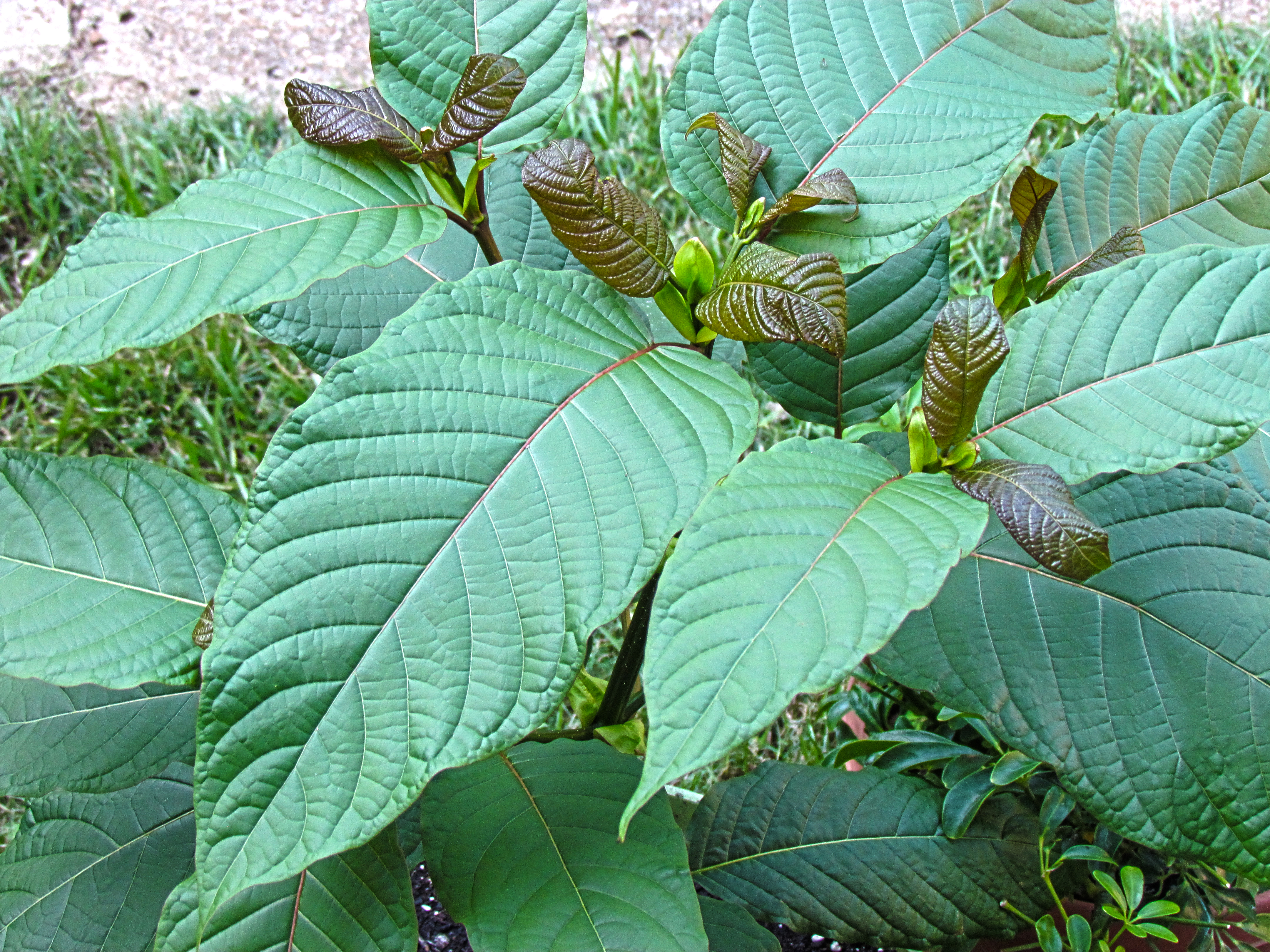
Washington– The Drug Enforcement Administration (DEA) Tuesday announced its intention to place the active materials in the kratom tree into Schedule I of the Controlled Substances Act.
The DEA claims they are doing it to “avoid an imminent hazard to public safety.”
Kratom is a tropical tree indigenous to Thailand, Malaysia, Myanmar, and other areas of Southeast Asia.
Though not an opiate itself, kratom is thought to behave similarly to a μ-opioid receptor agonist like morphine. It is not deemed to have any legitimate medical uses. However, some people reportedly use it for managing chronic pain and depression, as well as recreationally. The effects of kratom last between two and five hours.
Kratom use is not detected by typical drug screening tests, but its metabolites can be detected by more specialized testing.
Despite the fact that kratom’s efficacy and safety are not well-studied, the DEA alleges it is widely abused as a legal alternative to controlled substances.
Article continued below

The DEA also alleges that law enforcement nationwide has seized more kratom in the first half of 2016 than any previous year and easily accounts for millions of dosages intended for the recreational market.
Yet, many law enforcement agencies have never heard of the plant, nor have most officers ever seen one.
The DEA said, “Kratom has a high potential for abuse, has no currently accepted medical use in treatment in the United States, and has a lack of accepted safety for use under medical supervision. These three factors constitute a Schedule I controlled substance according to the Controlled Substances Act passed by Congress in 1970.”
Kratom has not been deemed illegal yet, but the DEA openly admits kratom has been illegally seized in various forms.
“Kratom has been seized by law enforcement in various forms, including powder, plant, capsules, tablets, liquids, gum/resin, and drug patch. Because the identity, purity levels, and quantity of these substances are uncertain and inconsistent, they pose significant adverse health risks to users,” the DEA said.
Now, the FDA and DEA are warning the public that the plant might be toxic.
The FDA has issued an updated two import alerts related to kratom products. Kratom has been on DEA’s list of drugs and chemicals of concern for several years.
The American Association of Poison Control Centers identified two exposures to kratom between 2000 and 2005. Between 2010 and 2015, U.S. poison centers received 660 calls related to kratom exposure. The Center for Disease Control (CDC) found that kratom abuse leads to agitation, irritability, tachycardia, nausea, drowsiness, and hypertension. Health risks found in kratom abusers include hepatotoxicity, psychosis, seizure, weight loss, insomnia, tachycardia, vomiting, poor concentration, hallucinations, and death. DEA is aware of 15 kratom-related deaths between 2104 and 2016.
Although alcohol is still the most abused substance in the world, the DEA maintains that these type of plants are more dangerous.
Consequently, if plants like the kratom tree were to remain legal and were marketed, pharmaceutical companies would most likely suffer a huge loss.
We want to hear from you. Do you think the government should have the right to make the possession and or use of a plant illegal?
